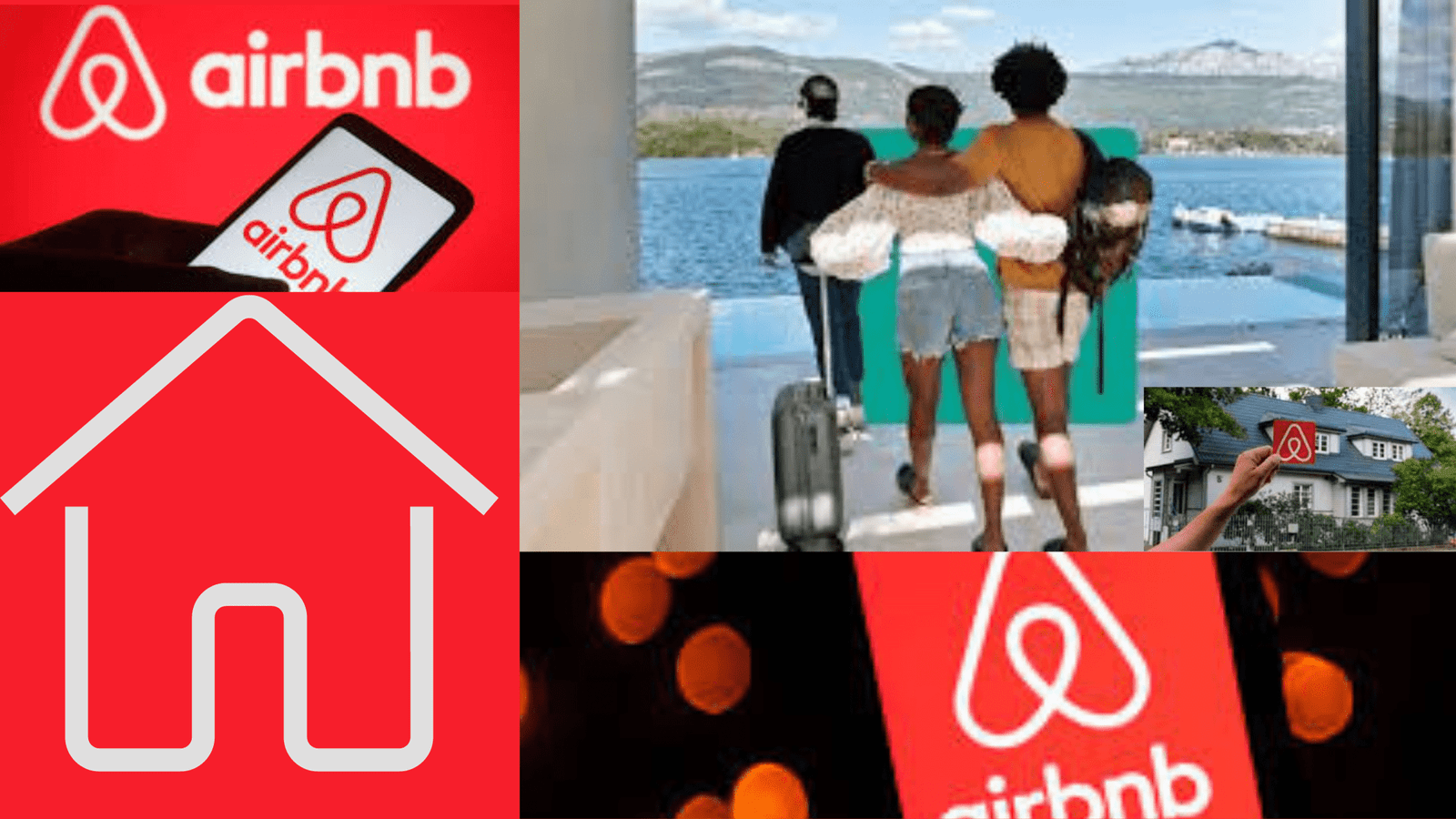How to Start an Airbnb Business in 2025: A Complete Guide with Tips & Tools
Introduction
Dreaming of turning spare rooms or properties into cash? The Airbnb business is booming, offering passive income and flexible entrepreneurship. Here’s your no-fluff guide to launching a thriving Airbnb venture!
Why Start an Airbnb Business?
The short-term rental market is exploding, with travelers craving unique stays. Airbnb offers higher returns than traditional rentals, plus the thrill of hosting global guests.
Profitable Airbnb Locations 2025
Pick spots with high tourist demand (beaches, cities) or niche attractions (wellness retreats, cabins). Top picks:
- Tourist hotspots: Miami, Bali, Barcelona.
- Emerging areas: College towns, festival hubs.
Avoid cities with strict short-term rental bans (e.g., New York City).
Airbnb Investment Tips: Costs & ROI
- Startup Costs: 5k–5k–20k (furnishings, renovations, permits).
- Ongoing Costs: 30%–40% for utilities, cleaning, and maintenance.
- ROI: 10%–20% annually if booked 60%+ monthly.
Airbnb Legal Requirements Worldwide
Rules vary wildly! Examples:
- USA: Many cities need licenses (e.g., Los Angeles).
- Europe: Some cap rental days (e.g., Paris: 120 days/year).
Always check local laws to avoid fines!
Airbnb Host Checklist: Must-Have Docs
- Business license (if required).
- Insurance (try Liberty Mutual for short-term rentals).
- Tax IDs for reporting income.
Airbnb Cost Management Hacks
- Dynamic Pricing: Use PriceLabs or Wheelhouse for smart rates.
- DIY Cleaning: Save 20% by handling it yourself.
- Energy Upgrades: Install LED bulbs for lower bills.
Airbnb Property Management Simplified
Start solo, then scale with:
- Cleaners: Hire locals via Turno.
- Co-hosts: Use Airbnb’s platform to split tasks.
Airbnb Guest Essentials for 5-Star Reviews
- Comfort: Plush towels, blackout curtains.
- Tech: Smart locks, fast Wi-Fi.
- Safety: First-aid kits, fire extinguishers.
Airbnb vs Hotel Business: Which Wins?
- Airbnb Pros: Lower startup costs, personal touch.
- Hotel Pros: Steady income, fewer guest interactions.
Verdict: Airbnb for flexibility; hotels for scalability.
Airbnb Pros and Cons
- Higher Profit Margins: Earn 2–3x more than traditional rentals (especially in tourist hotspots).
- Creative Freedom: Design unique themes (e.g., “Bohemian Loft” or “Minimalist Pod”) to stand out.
- Flexible Usage: Block dates for personal stays or events.
- Tax Deductions: Claim expenses like utilities, repairs, and even decor!
- Global Audience: Tap into Airbnb’s 150M+ users without marketing costs.
- Low Entry Barriers: Start with a single room or vacation home.
Cons
- Unpredictable Income: Bookings dip during off-seasons or economic slumps.
- Guest Management Stress: Late check-ins, noise complaints, or damages, invest in a NoiseAware Device
- Regulation Roulette: Laws change fast (e.g., Barcelona banned new Airbnb licenses in 2023).
- Time-Consuming: 24/7 guest communication, cleaning turnover, and restocking supplies.
- Platform Fees: Airbnb takes 3%–15% per booking + guest service fees.
- Competition Overload: Stand out in crowded markets with professional photography and instant booking.
Top Airbnb Host Tools
- August Smart Lock – Keyless entry made easy.
- LuxClub 6-Piece Bath Towel Set – Hotel-quality linens.
- Bissell Portable Carpet Cleaner – Stain emergencies solved.
Ready to hustle? Your Airbnb empire starts now!
Affiliate Disclosure: Please note that some of the links in this article are affiliate links. This means that if you click on these links and make purchase, I may earn a small commission at no additional cost to you. These commission help support the work I do to bring you valuable and up to date content. I only recommend products or services that I believe will add value to my readers. Thank you for your support.

